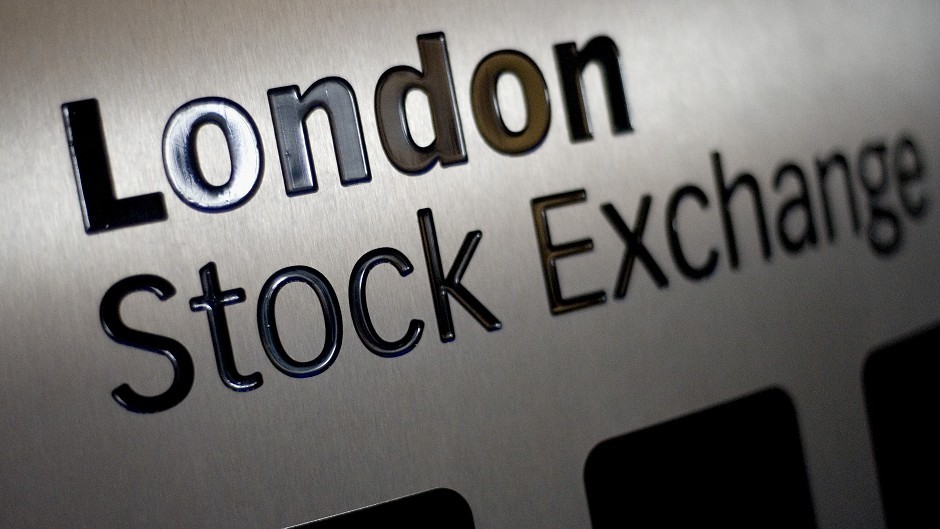Rising support for Scottish independence led to billions of pounds being wiped off the value of major firms yesterday.
A landmark survey which showed that a majority of Scots will vote Yes next week also caused sterling to drop to a 10-month low.
Analysts put the market jitters down to uncertainty over the currency arrangements, fears over the rest of the UK losing North Sea revenues, and the impact of RBS and other institutions having to move south of the border.
There was also concern about the apparent lack of contingency planning at Westminster and doubts about the political futures of Prime Minister David Cameron and others if Scots decided to go it alone.
The FTSE 100 Index of leading companies closed 20.3 points down. Lloyds, Babcock and Standard Life had all dropped by 2%. RBS finished 1% lower.
Sterling fell by around 1.3% against the US dollar to a 10-month low of 1.61, leaving it around 6% lower than its peak of 1.72 earlier this summer. The pound was also weaker against the euro, at 1.25.
Outside the financial sector, Perth-based energy supplier SSE was down 34p to 1477p and Glasgow pumps and valves specialist Weir dropped 40p to 2679p.
Broadcaster STV dropped 4% – losing about £5.7million in value.
Esther Reichelt, currency strategist at Commerzbank, said: “Over the next two weeks we should all be prepared for increased volatility in sterling exchange rates.”
Oliver Harvey, foreign exchange strategist at Deutsche Bank, said the British establishment was reacting with “rising panic” to the polls.
“The implications of a Yes vote would be huge, and are magnified by the sense of institutional unpreparedness,” he said.
“This week the most senior official at the Treasury admitted that only now is a team being prepared to deal with the fallout.”
